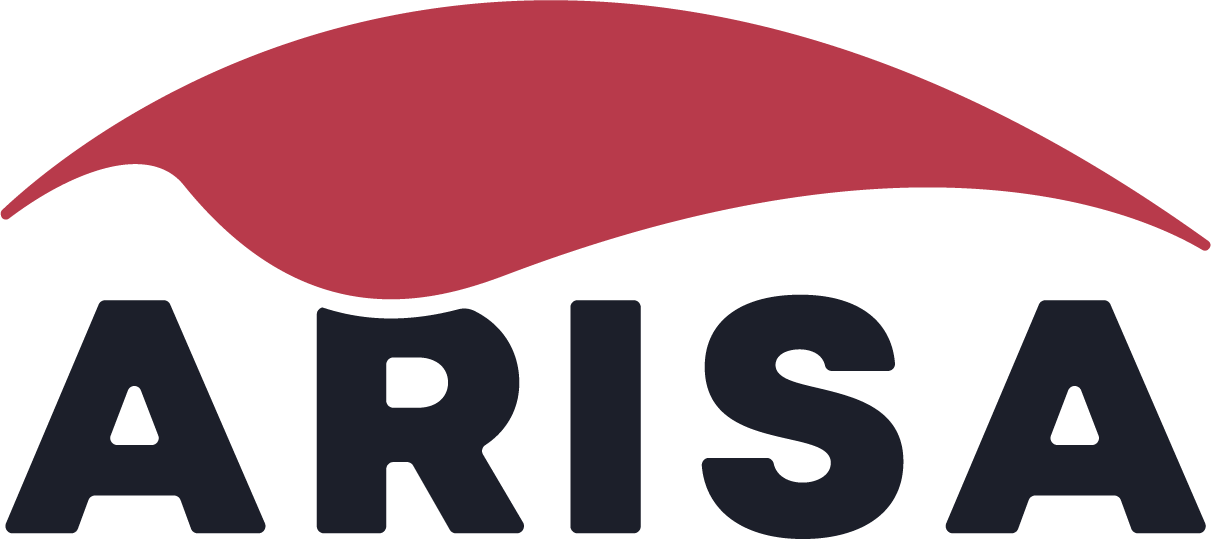Stakeholders are individuals or groups whose interests are or may be affected by a company's activities. It's important for companies to involve stakeholders in the due diligence process. It can help identify risks of human and labour rights abuses in the supply chain.
Read more below.
Why involve stakeholders?
Stakeholders are individuals or groups whose interests are or may be affected by a company’s activities. Involving stakeholders in the due diligence process is important for companies: it can help to identify risks of human and labour rights abuses in the supply chain at an early stage. Information from stakeholders, especially local stakeholders, in the due diligence process is an essential complement to risk assessments, which today are often one-sidedly based on audits.
Stakeholder input and feedback are important for adjusting policies regarding working conditions, and procurement practices. This input provides the company with insight into the effectiveness of its efforts to address rights violations and risks.
Who are the stakeholders?
“Stakeholders” is a broad term. The the Organisation for Economic Co-operation and Development’s OECD Guidelines for Multinational Enterprises state that due diligence should focus on those whose human or labour rights have been or may be violated, that is, “rights holders”, or their representatives. These can be employees, workers from other links in the production chain (sometimes informal), and also local residents or communities.
Such stakeholders may be represented by trade unions or supported by civil society organisations. However, contact with local, national or international non-governmental organisations should not replace direct contact with victims of human or labour rights abuses.
For example, if risk assessments show violations are taking place or there is a significant risk of them, but the victims or potential victims do not themselves come forward, the company should contact them. Companies should pay special attention to the position of vulnerable groups, such as migrants, victims of caste discrimination, women, or religious or ethnic minorities.
The most vulnerable stakeholders are often those most affected by a company’s activities. To involve them, companies need to identify and remove barriers to engagement.
Meaningful stakeholder engagement
The OECD Guidelines require companies to engage with stakeholders at every stage of the due diligence process, referring to this as “meaningful engagement”.
Meaningful engagement is not a one-off information session that, once conducted, can be ticked off the list. Engaging stakeholders in a way that addresses their interests and rights is a process in which a company must invest and grow.
First, the company should engage with and inform stakeholders in an accessible way. It should also listen to their experiences and concerns. Where stakeholders point out harms or risks, this should lead the company to adjust policies regarding working conditions, and procurement practices.
Following this, the further input and feedback stakeholders provide are important in enabling the company to know whether or not it has successfully reduced abuses or risks.
Accountability for how the company operates and how it takes responsibility in the supply chain should also be part of the process. Communication works both ways and should take the form of genuine dialogue.
The Social and Economic Council of the Netherlands (SER), with input from Arisa, among others, has described what a meaningful stakeholder dialogue can look like. In Arisa’s experience, the concepts of meaningful stakeholder engagement and dialogue are generally equivalent.
The importance of supply chain transparency
Transparency is a necessary condition for meaningful stakeholder engagement. Primarily, it refers to supply chain transparency (read more here), which allows rights holders to know and be able to contact companies in the supply chain when necessary.
Transparency should apply not only to the company’s production chain, and to the company’s policies and the measures it takes to address any rights violations or risks, but also to which stakeholders the company engages with.
Challenges
Democratic space is under pressure in many countries and regions, including in South Asia. Political and other forces make it difficult for civil society organisations and trade unions to operate. Those who stand up for human rights can face negative repercussions, and stakeholders and local or national organisations in contact with them cannot always speak out openly. They are often cautious for security reasons, including when interacting with companies.
Companies should take these factors into account. They should ensure the safety of their interlocutors so that they can speak out, and they should preserve and protect democratic space as much as possible.
In such contexts, Arisa fully endorses the United Nations recommendations to both governments and companies on ensuring respect for human rights defenders.
Read about other due diligence priorities below
Grievance mechanism
Effective grievance mechanisms, or complaints mechanisms, are a critical part of the due diligence process for companies committed to respecting human and labour rights in their supply chains.
Read more